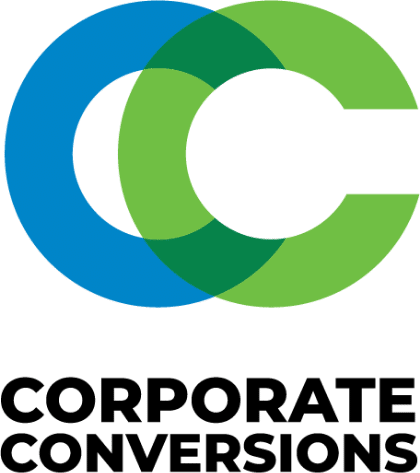A year ago in 2021 Corporate Conversions became a HubSpot Partner. For us it has been a great experience overall. As a digital marketing agency, we want to provide the best solutions to our clients with full transparency, so we’d like to share our favorite features of HubSpot as well as the features we believe could use improvement. It is important to note that the services HubSpot provides are not a good fit for every business, so we also will list a few industries that should probably pass on HubSpot.
Advantages of HubSpot for Businesses
HubSpot’s products have many advantages that we can enthusiastically recommend. First, all of HubSpot’s Hubs are built around their CRM, so it is not surprising that this is our favorite feature. They designed their customer relationship management system for their clients’ ease of use while not sacrificing any of its robustness or flexibility. It can fit almost any situation a business may need a CRM for.
Second, for us, HubSpot’s campaign feature has been a standout. When creating a campaign, it is simple to add landing pages, emails, forms, social posts, workflows, ad campaigns, and more. Instead of viewing each element of the campaign and trying to piece all of the data together to see the larger picture, you can easily view how it has performed both holistically and granularly. This feature is perfect for analyzing how a marketing campaign has performed so you can make changes in the future to build on your successes or fix your mistakes.
HubSpot’s Workflows have also really performed. Once you have the content and sequence of emails you would like to trigger, Hubspot takes care of the rest. Automation is something that HubSpot has been working on, and it shows. Choose your list or criteria for your audience, build out your workflow emails, time delays, and branches, and then sit back and let inbound marketing do its thing. What an asset!
HubSpot Disadvantages
Just as there are things HubSpot excels at, there are also weaknesses and industries that will not be as well served by their products.
HubSpot isn’t the best at ecommerce. While HubSpot Payments does take payments, it is not a substitute for an ecommerce CMS. HubSpot can work well for ecommerce marketing, but you will need to connect multiple pieces of software to it in order to make sure all relevant data is being shared.
Another industry that doesn’t work well with the HubSpot platform is medicine. HIIPA compliance requires specific data privacy practices. We have found it is better to utilize different hosting services and platforms to accommodate our clients in the medical field.
The last feature that we believe could be improved is meeting scheduling. While it’s very convenient to not have to go back and forth on date and time to schedule meetings with clients, a remote business like ours doesn’t have an easy way to schedule a location through the HubSpot link. To work around this we have used a video conference link as the default and reached out to the prospect or client after the meeting is scheduled to nail down a physical location.
In general we have found HubSpot to be a great fit for our product offerings as well as our internal procedures and practices. Every year there are new features and beta projects – Hubspot is always trying to make its software better, and it shows. At a high level, it is extremely intuitive. It’s easy to get acclimated to as a user. However, the deeper you get into the software, the more you realize you have only scratched the surface of what HubSpot is designed to do. This is why we have enjoyed working with HubSpot and look forward to growing with them over time.


